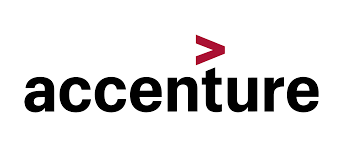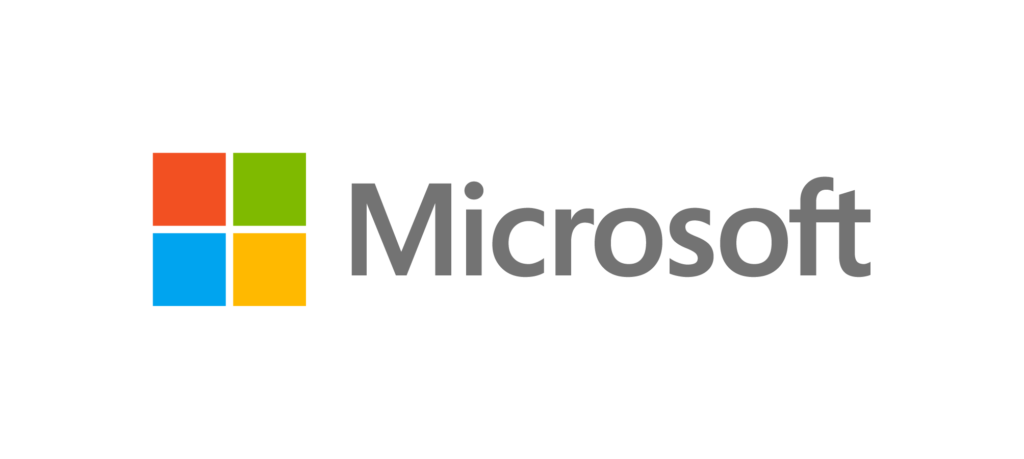Research proves that inclusivity in the workplace helps companies become more intuitive, competitive, and ultimately, more profitable. Diversity matters more than many people think. It boosts innovation and productivity.
Decades of research from sociologists, psychologists, demographers and economists has established that companies which go out of their way to attract candidates from underrepresented backgrounds broaden their thinktank, and ultimately, their reach. We look at four of the most inclusive tech companies in America today.
1. Accenture
Accenture works with companies to provide digital and AI solutions to help them grow their businesses. From developing marketing strategies, to complete digital transformations, the company’s 482,000 employees have helped more than 6,000 clients worldwide.

The Glassdoor website gives Accenture a diversity and inclusion rating of 84.25 percent. The company’s Business Analyst told Glassdoor that it fosters healthy business environments across the board, promoting diversity, flexibility, and helping employees reach their true potential through professional and personal growth.
As Accenture explains on its website, equality in the workplace is more relevant today than ever. Equality is a major multiplier of growth and innovation. As Oliver Benzecry, Chairman and Managing Director of Accenture’s UK and Ireland operations points out, diversity and inclusion lie at the heart of the business.
In the UK, Accenture’s median gender pay gap is currently 10.6 percent, contrasting with a countrywide median of 17.9 percent. Though the company admits it still has some way to go in terms of closing the gap completely, Accenture is committed to creating an equitable work environment. By 2020, it aims to increase the proportion of women in managing director roles to at least 25 percent worldwide, and ensure an even 50/50 split between male and female entry level recruits.
2. Microsoft
Glassdoor gives a 74.25 percent diversity and inclusivity rating to Microsoft. Microsoft works hard to deliver a message of inclusivity, staging a special Diversity and Tech track at the annual Microsoft Ignite event. The 2019 event theme is “Intersectionality: The Real Diversity Superpower.” It offers insights from industry experts looking at how discrimination’s effects can overlap, intersect and combine to affect individuals, businesses, corporations, and society as a whole.

Speakers will introduce new focus areas beyond the traditional themes of race and gender, examining issues such as wellness, mental health, youth entrepreneurship and supporting military veterans. Visitors can hear inspiring stories from top tech professionals as well as people who have lived through life-changing experiences who can reshape understanding and perception about the many facets of social identity.
Since 2016, representation of women, Hispanic/Latin and African American individuals in leadership roles at Microsoft have all increased. It supports veterans, helping them apply skills learned in service to their new careers in technology. It also provides accommodations to employees with different mental and physical needs, helping them reach their true potential in the workplace. Microsoft has developed inclusive AI processes and tools, removing social bias from the candidate selection process.
3. Facebook
Facebook’s entire ethos is built on connecting people. Founder Mark Zuckerberg created Facebook to connect a college campus, but today Facebook brings the whole world closer together.

Over the past six years, Facebook has worked hard to expand its global reach, creating a diverse and inclusive workforce to build better products to serve communities. It led a number of initiatives, such as CodeFwd and TechPrep, to bring people from the world of computer science and programming together. In addition, it worked with the United Negro College Fund, CodePath.org, and historically black colleges and universities to help ensure that, from the cafeteria to global event production, Facebook is an inclusive and diverse organization.
The company designs for inclusivity. Facebook Resource Groups facilitate professional programs such as Managing Inclusion, Managing Bias, Managing a Respectful Workplace, Efficacy Training, and Be the Ally Circles. These offerings support professional development, grow individual skillsets, and build community.
Facebook has increased the number of women in its leadership, business, and technical roles. The number of black women at the organization increased by 25 times over the past five years. The number of black men increased by 10 times.
4. Amazon
Amazon strives to create diversity in its workforce through accessible design and the development of an inclusive workplace culture that values different skills, experiences, and perspectives. Amazon understands that inclusivity is good for business. Creating a culture in which employees and customers thrive is key to Amazon’s success.

According to World Health Organization figures, approximately 15 percent of the world’s population has a disability. As a result, Amazon focusses on accessibility. Attracting a diverse workforce incorporating people of different abilities ultimately enriches the business.
Amazon stages an annual Global Accessibility Awareness Day event, helping professionals who work in design and development to improve usability. As Amazon Web Services Solutions Architect Suzie Miller points out, features designed to enhance accessibility do not compromise, diminish, or dilute final user experience. Instead, these features ultimately expand target audiences, meaning the product can be used by everybody.
From app development to logistics to leadership, Amazon aims to make its business as inclusive as possible. Amazon has received numerous awards for inclusive business practices, including being named as one of Fast Company magazine’s Best Workplaces for Innovators.

 Joanna (Jo) Riley is an entrepreneur, investor, and advocate in technology, and is currently the CEO and Co-Founder of Censia. Jo has a highly experienced background in building and scaling companies, which she attributes to her deep passion for people and building technologies that allow people to be their best selves. She brings her wide knowledge of the industry to better transform the way enterprise companies hire talent. You can connect with Joanna Riley at @joannakiddriley on
Joanna (Jo) Riley is an entrepreneur, investor, and advocate in technology, and is currently the CEO and Co-Founder of Censia. Jo has a highly experienced background in building and scaling companies, which she attributes to her deep passion for people and building technologies that allow people to be their best selves. She brings her wide knowledge of the industry to better transform the way enterprise companies hire talent. You can connect with Joanna Riley at @joannakiddriley on